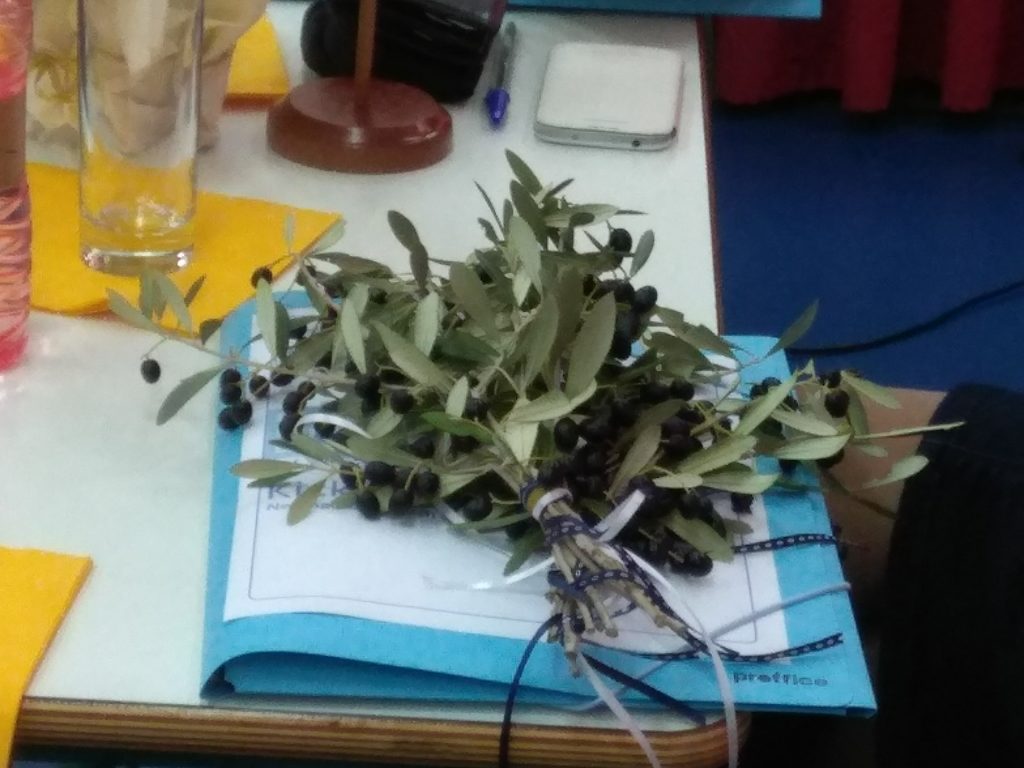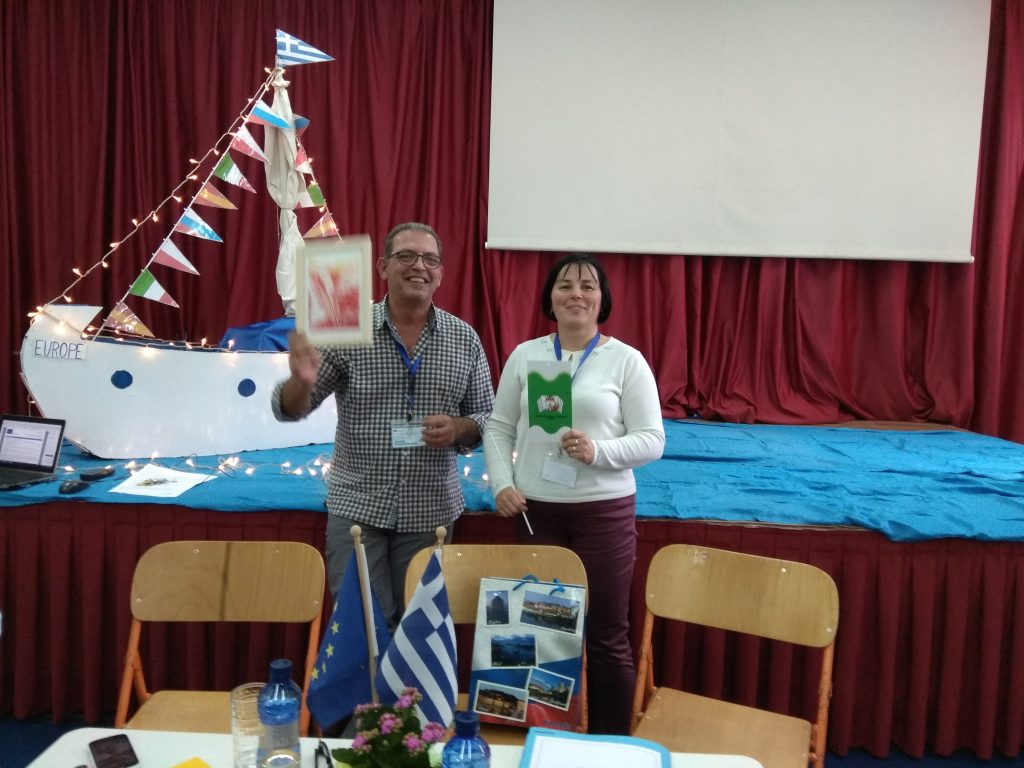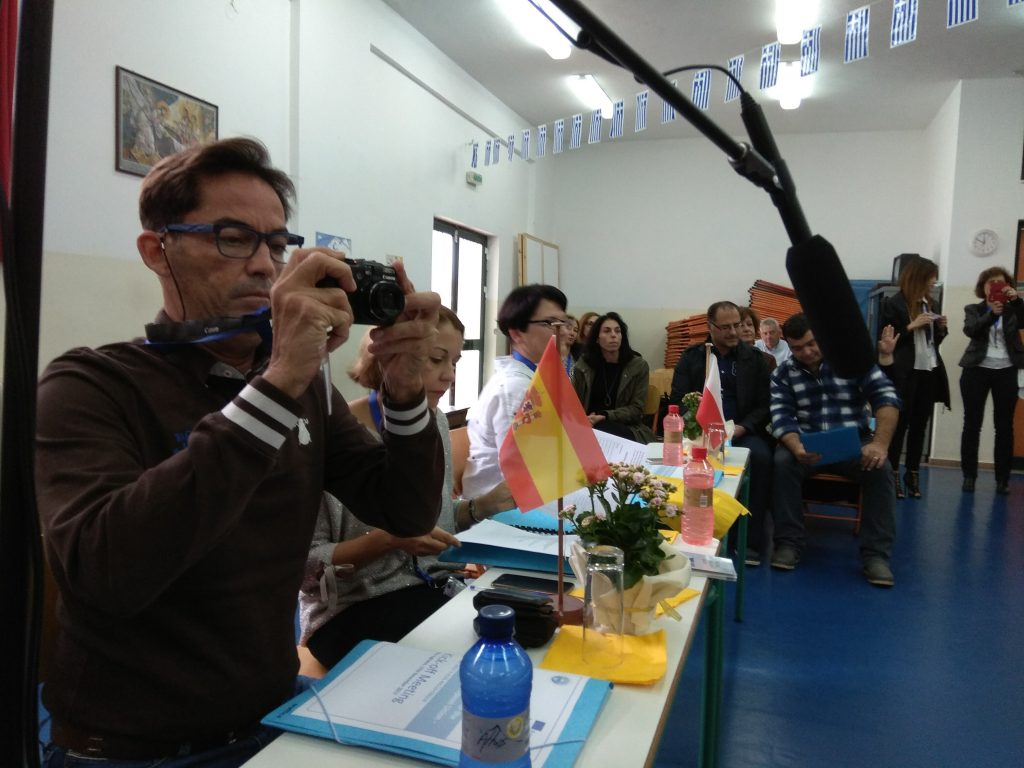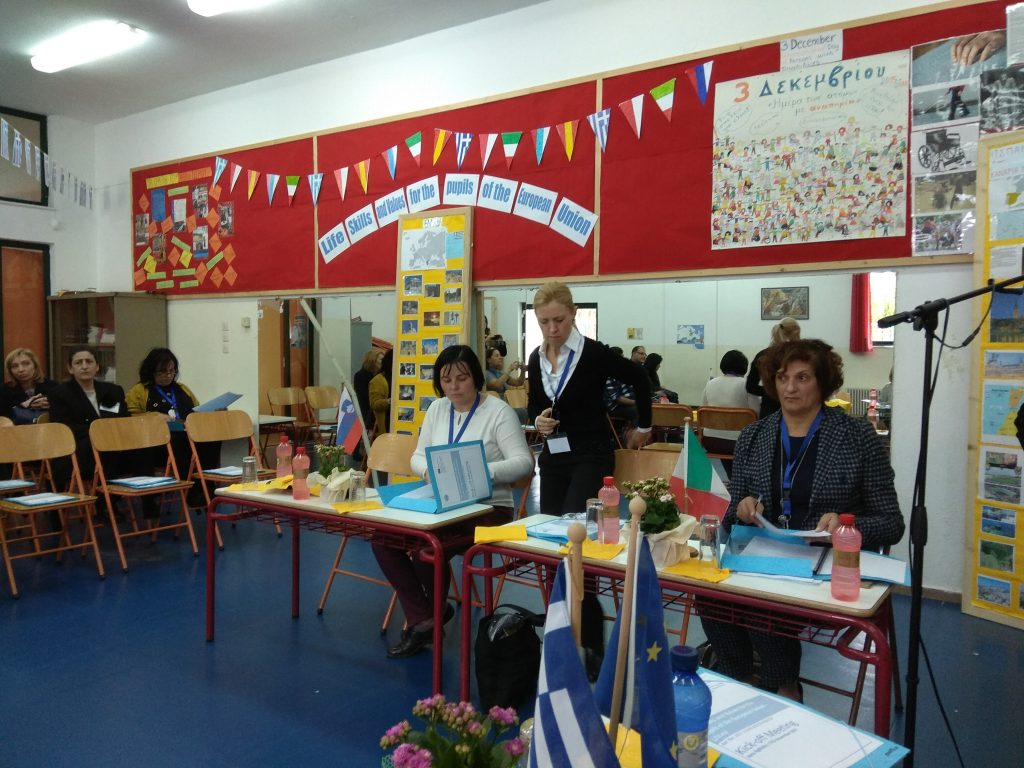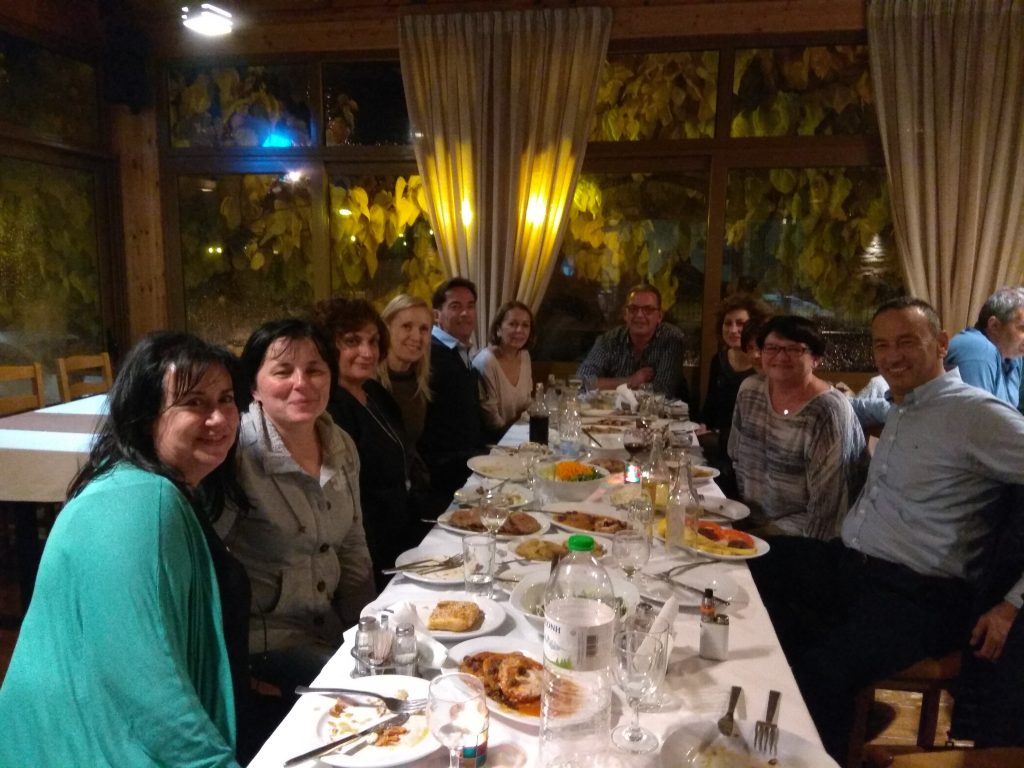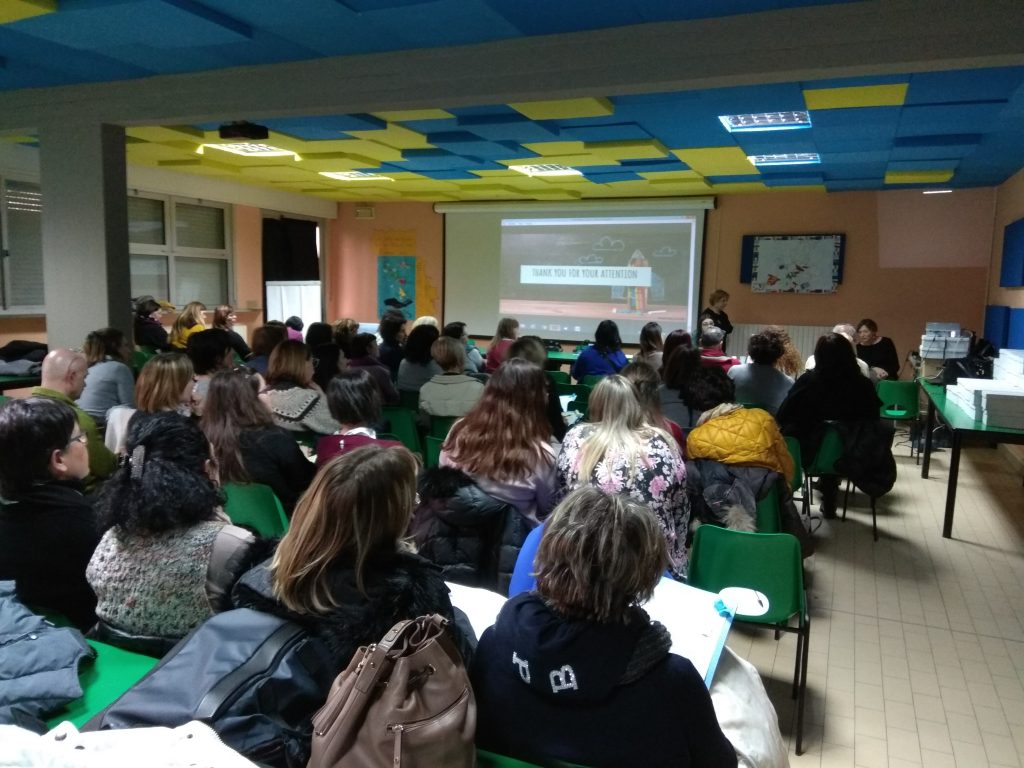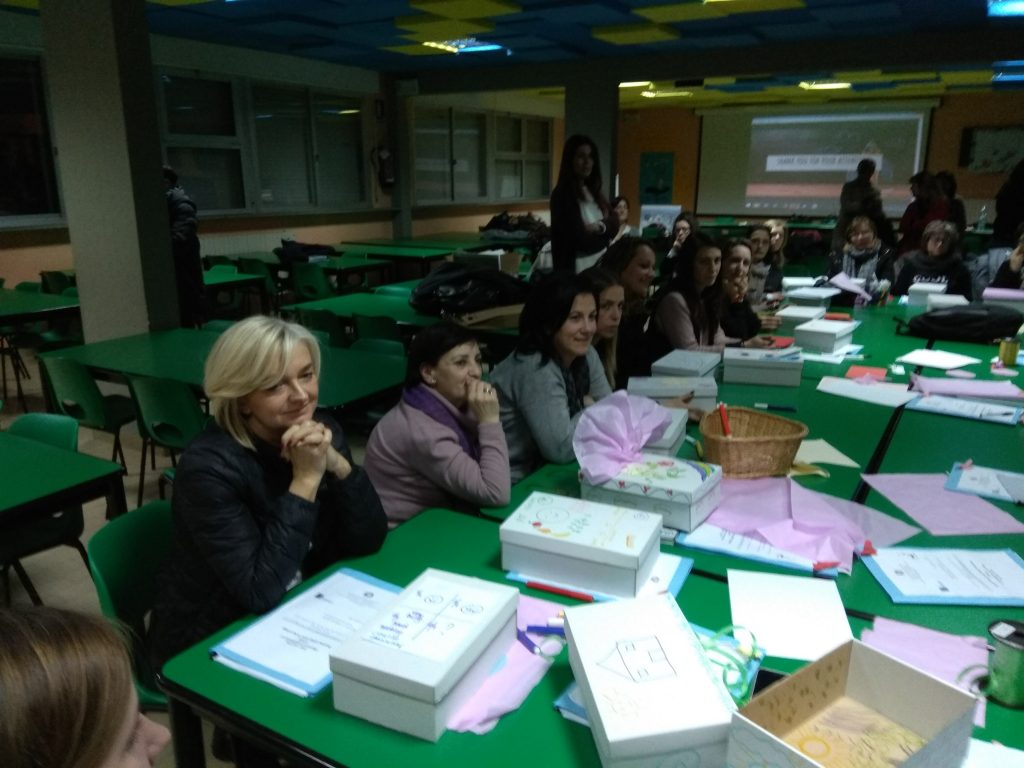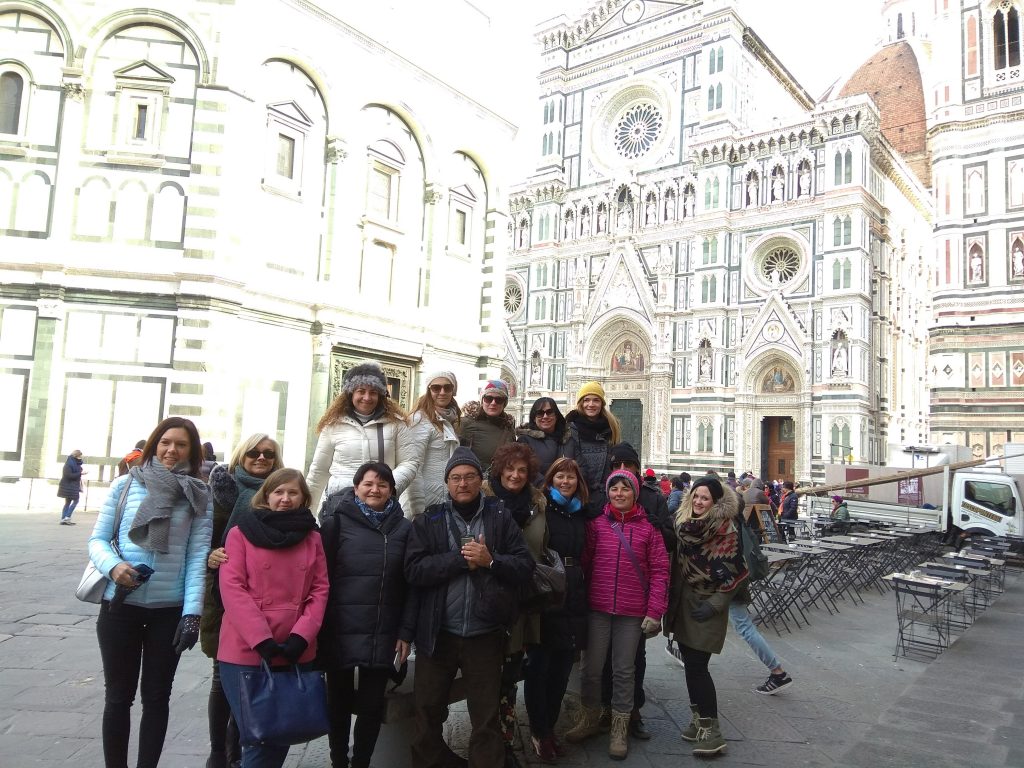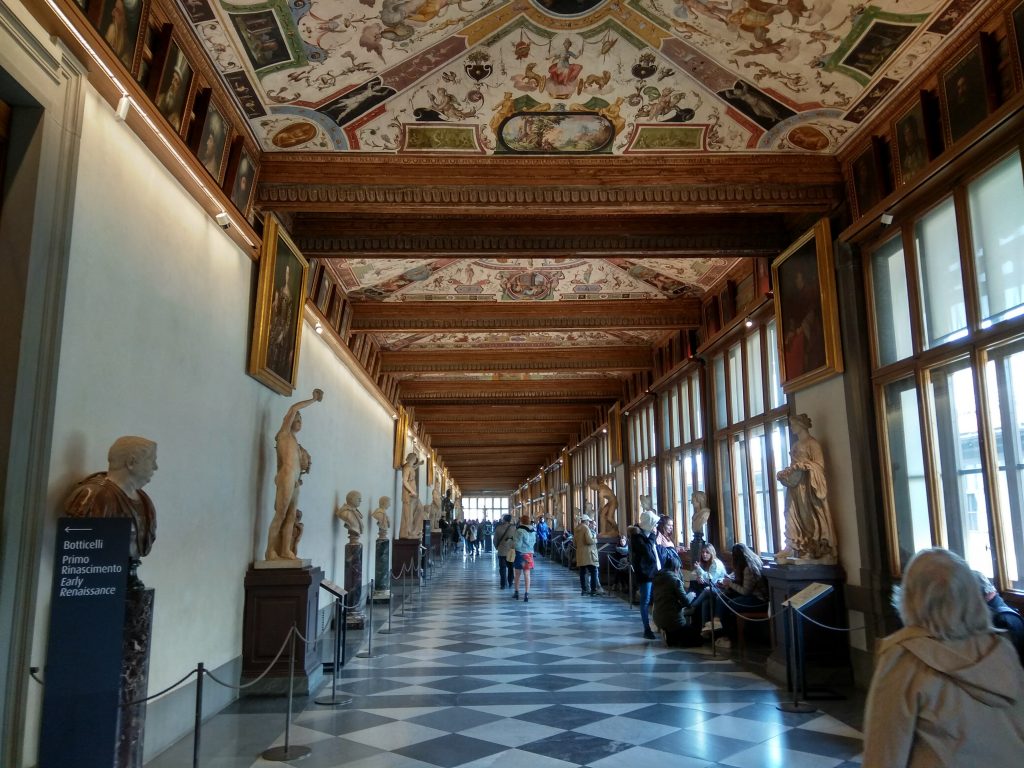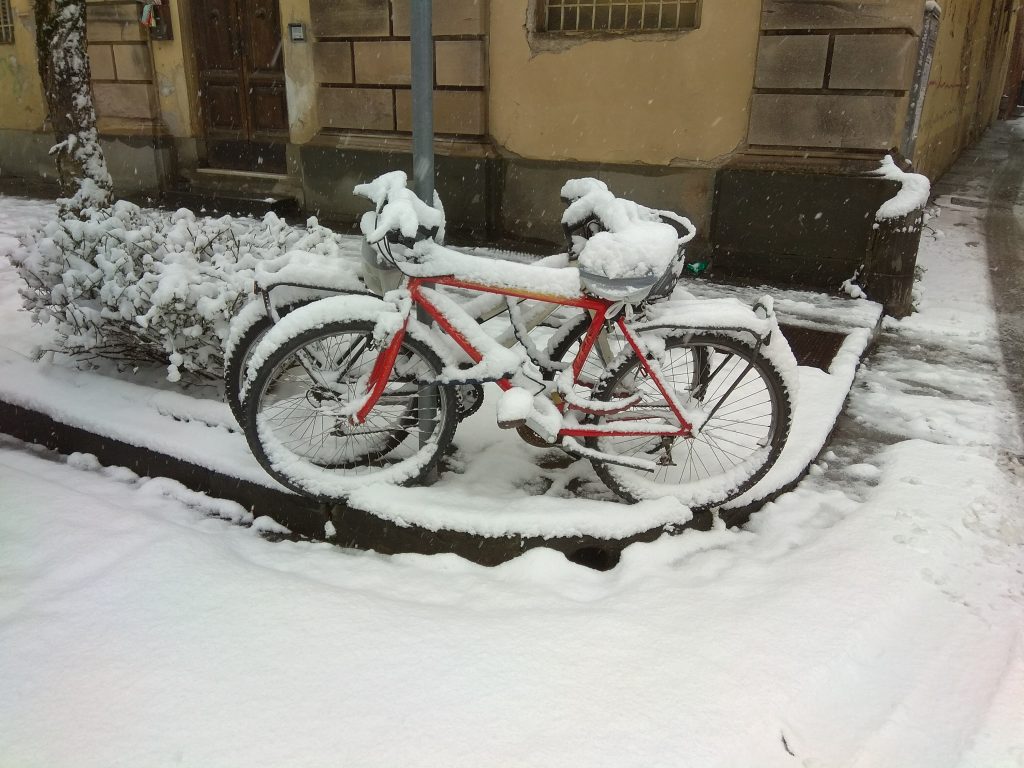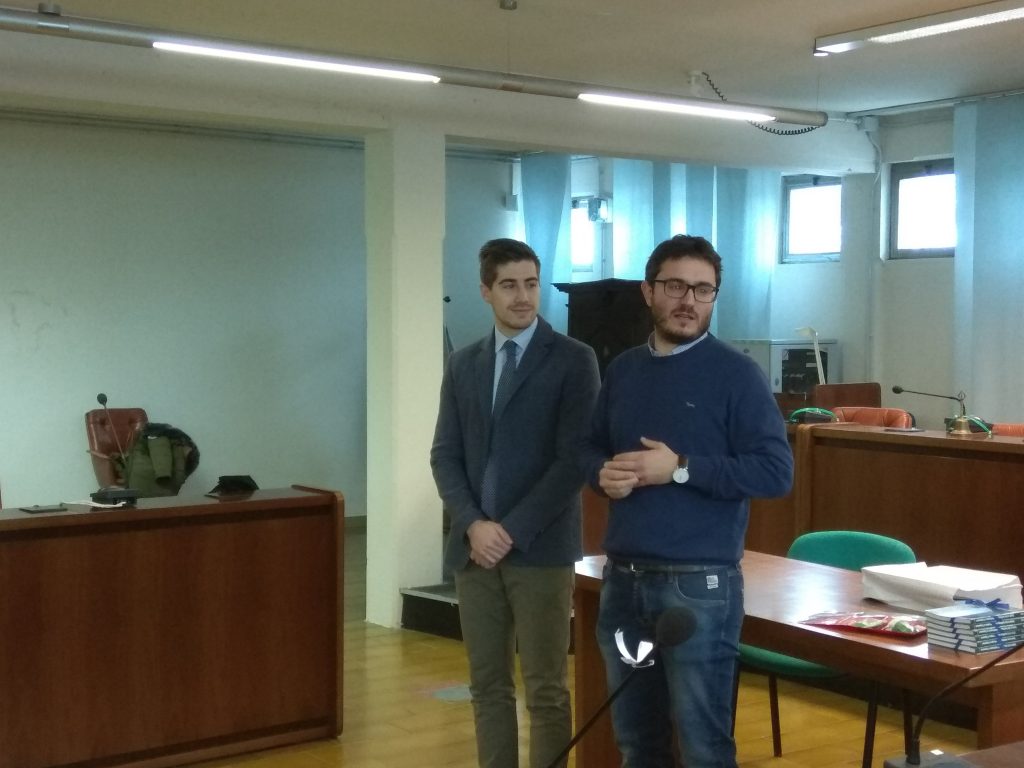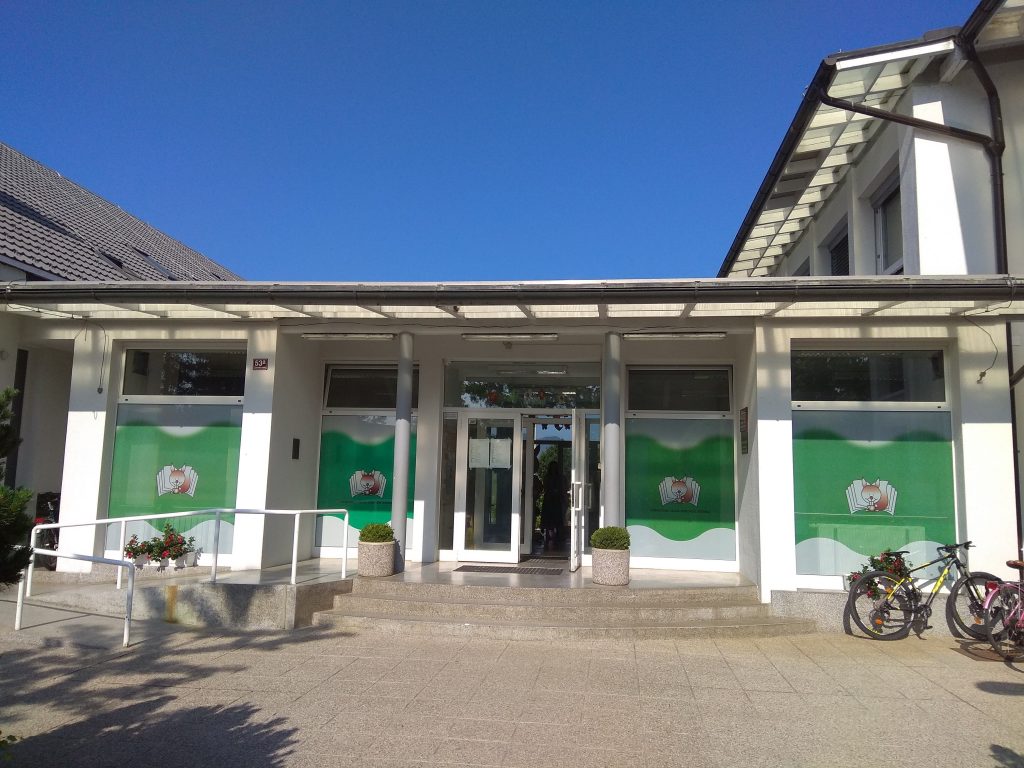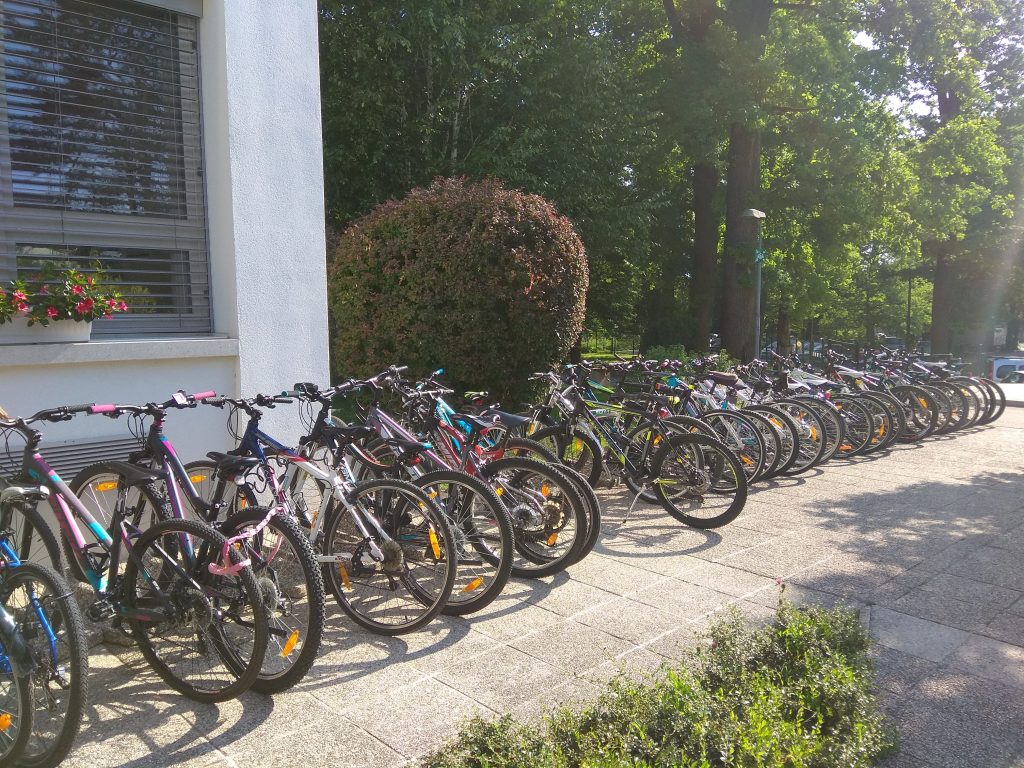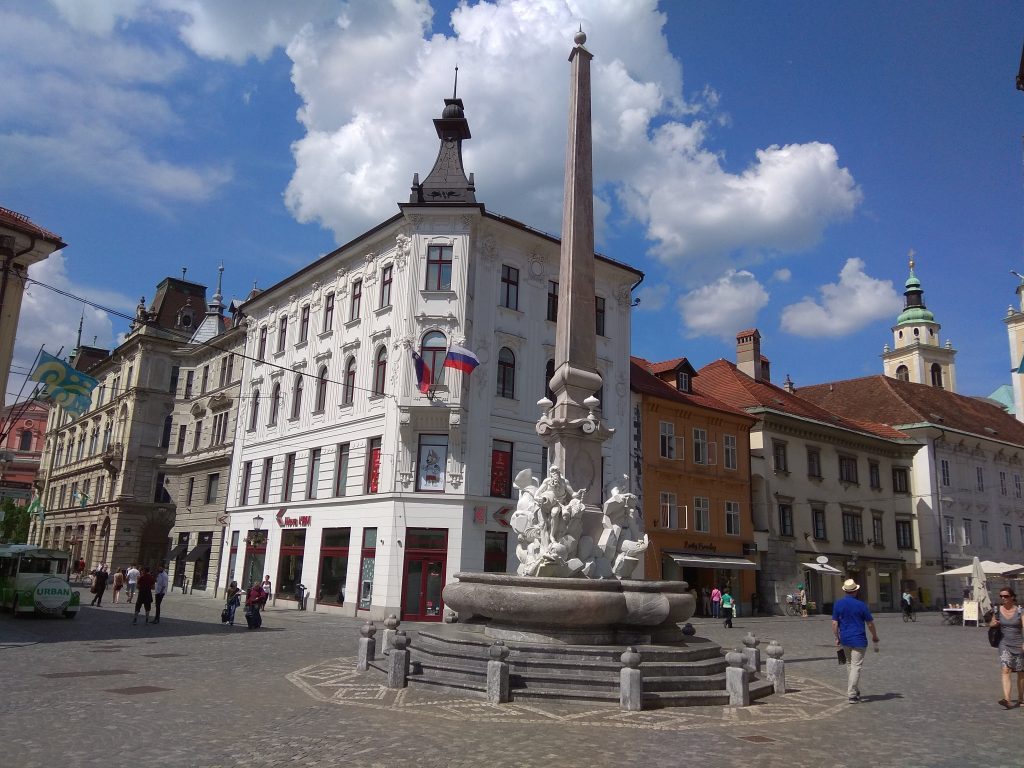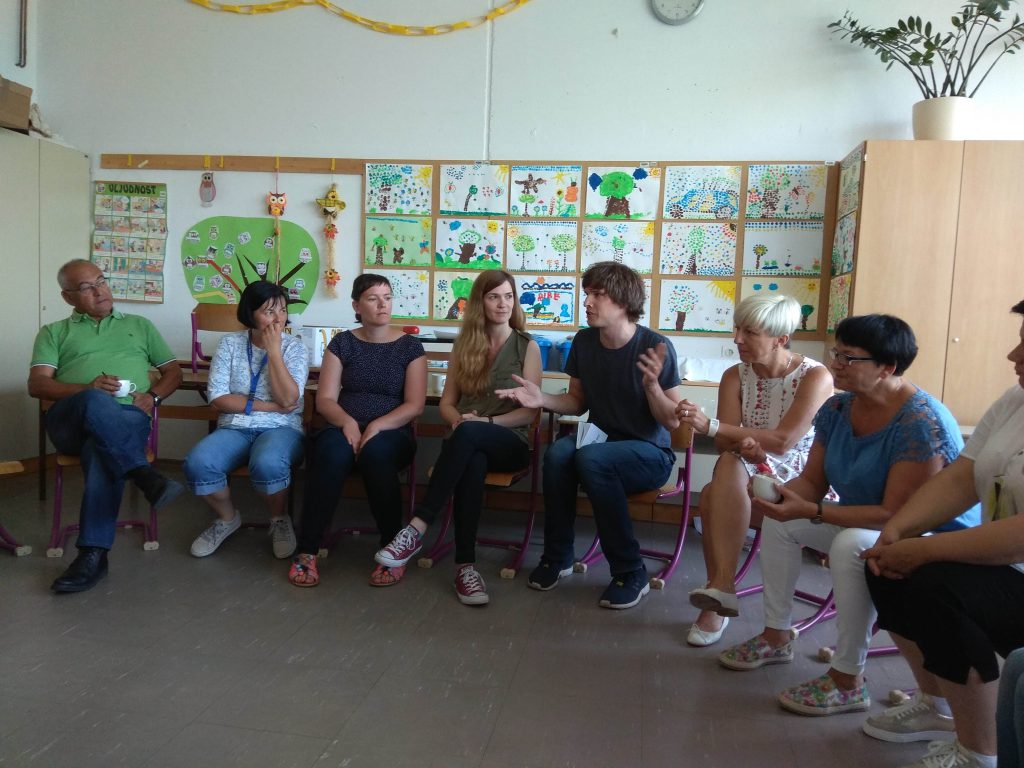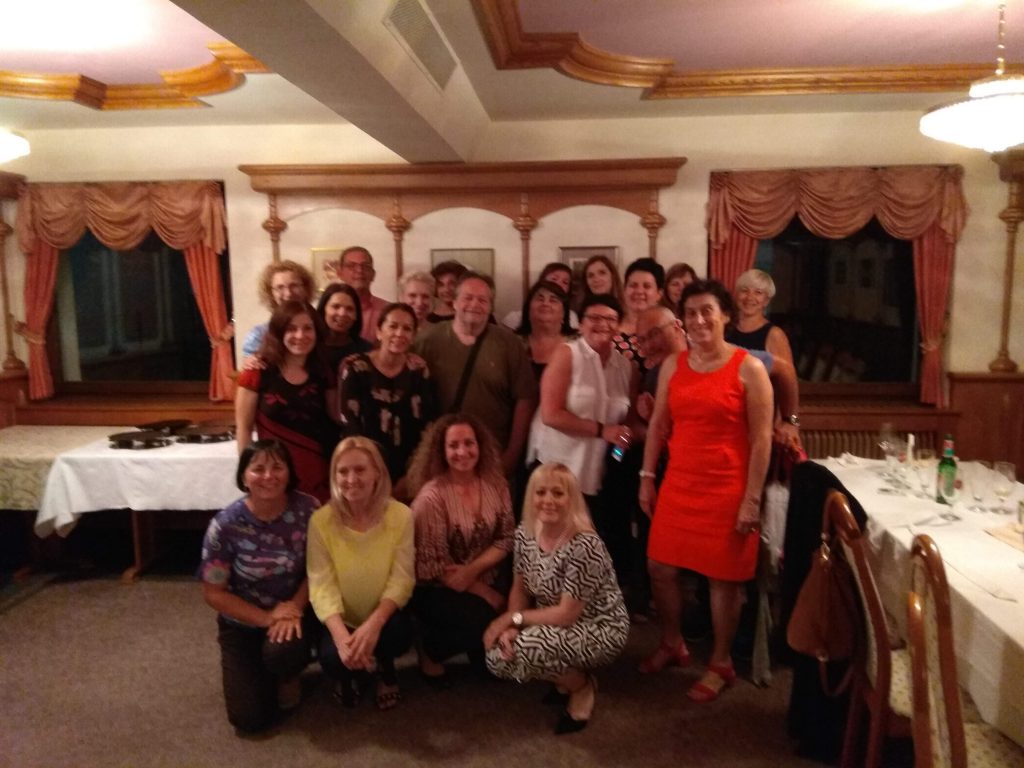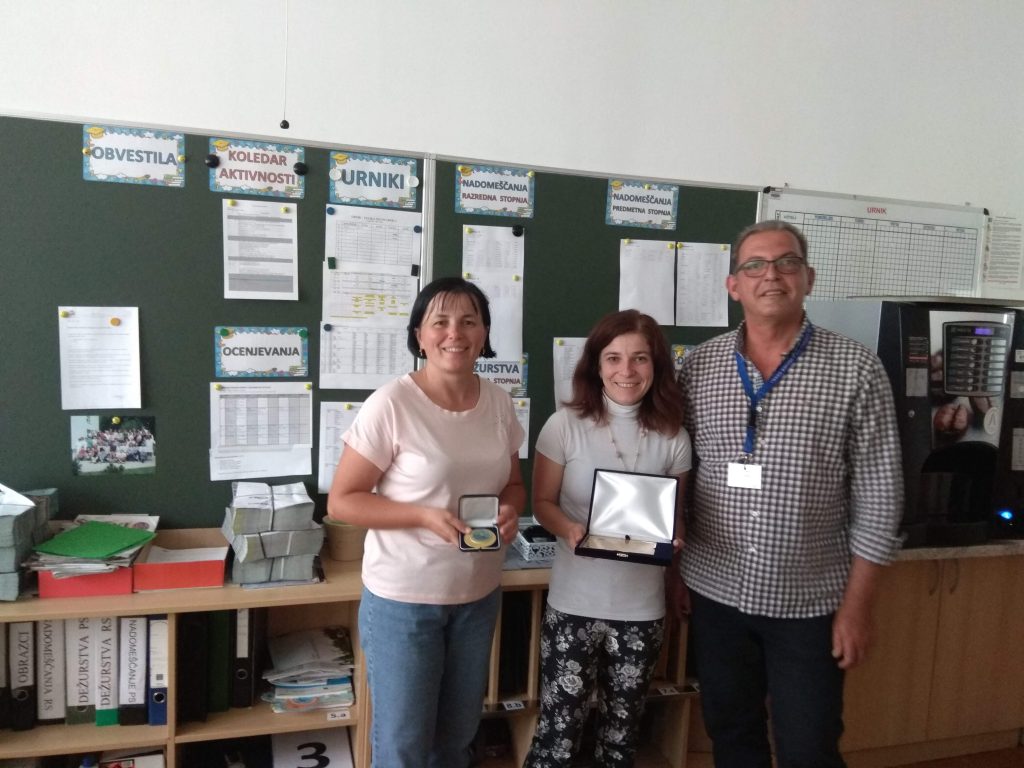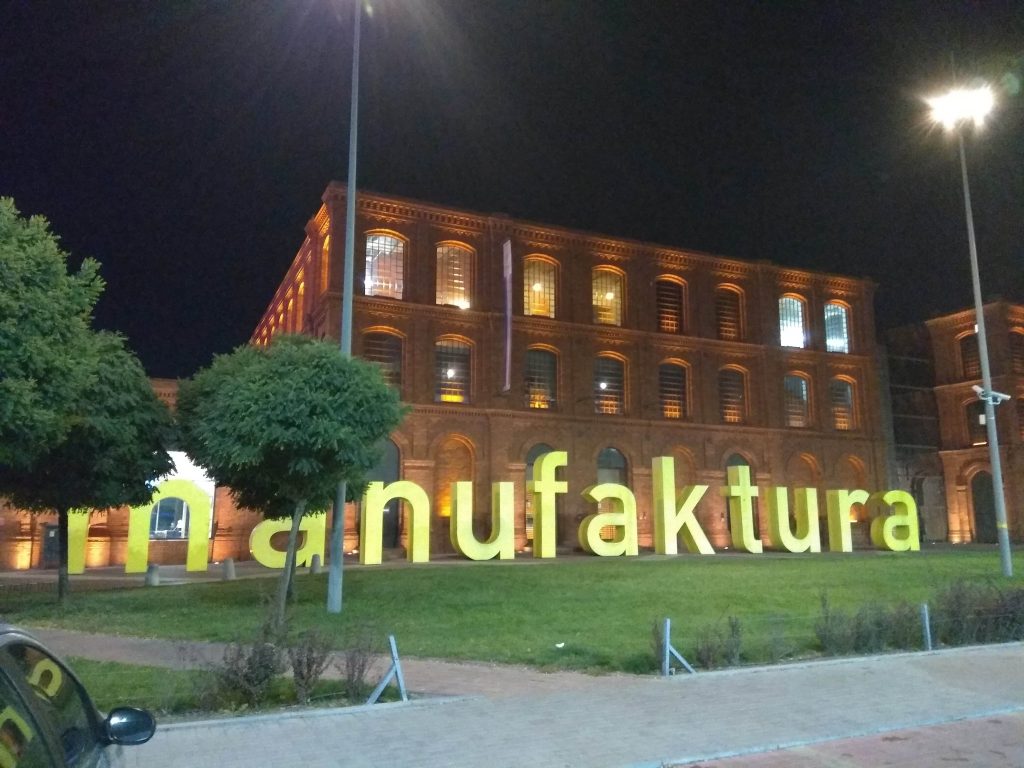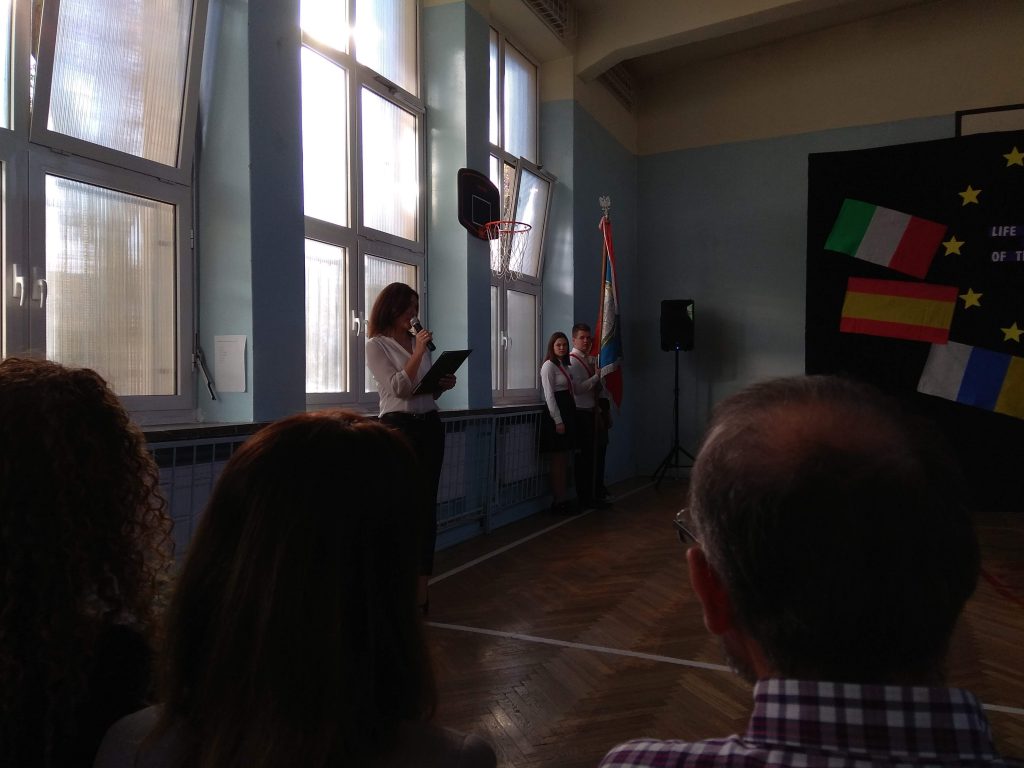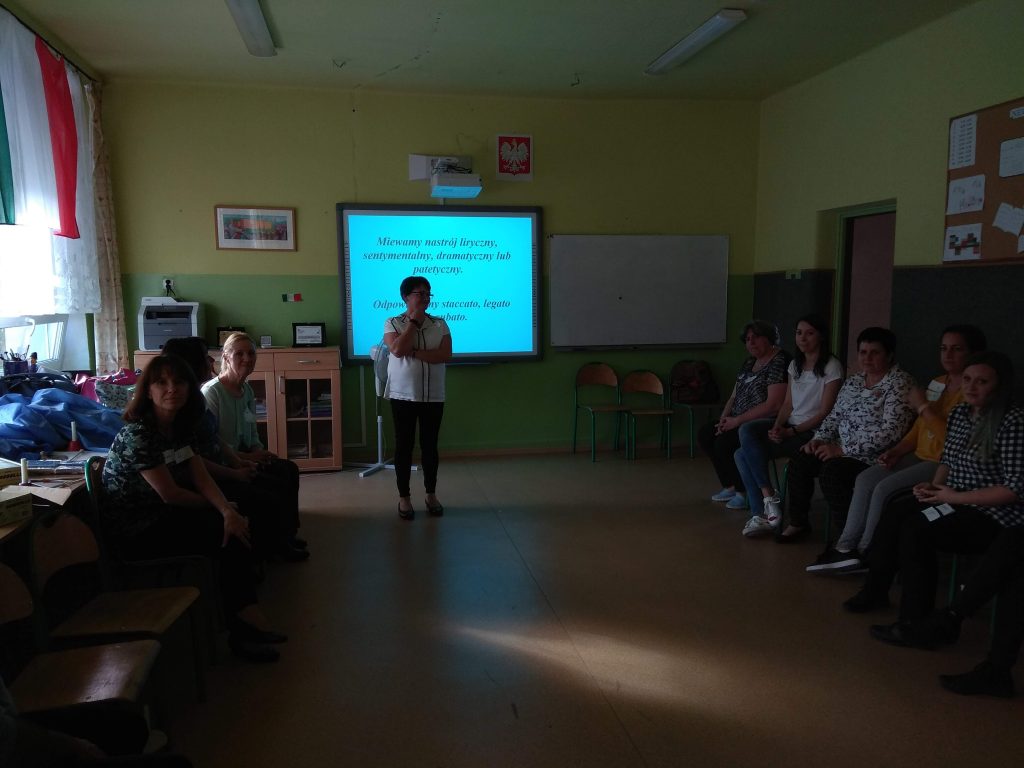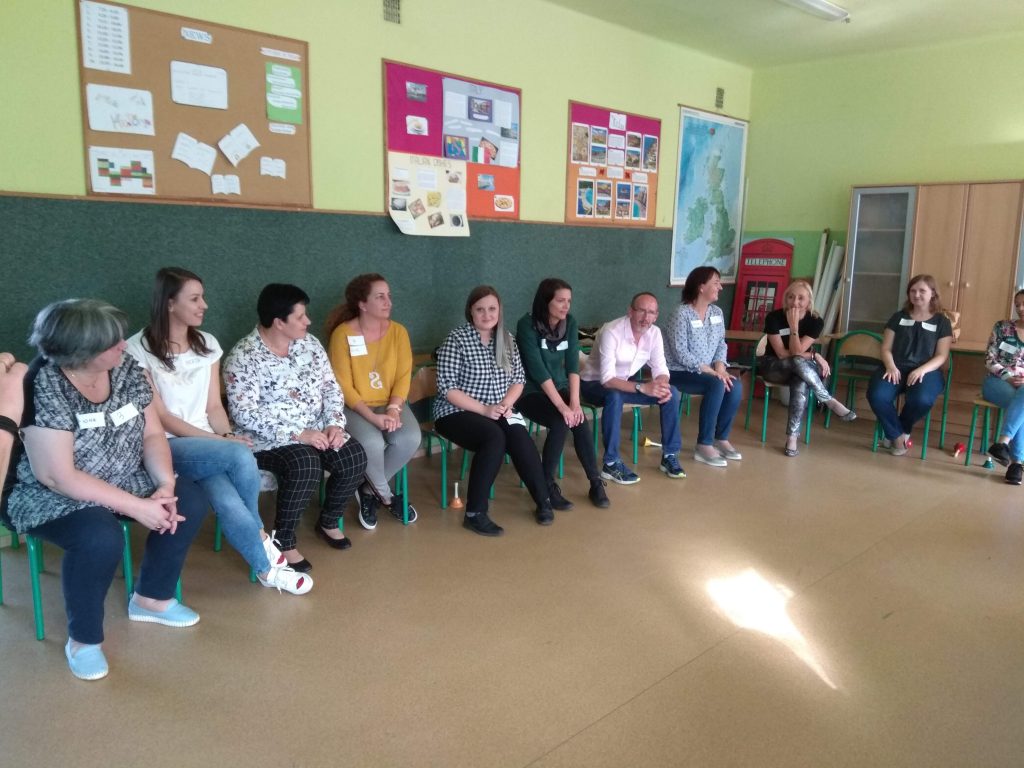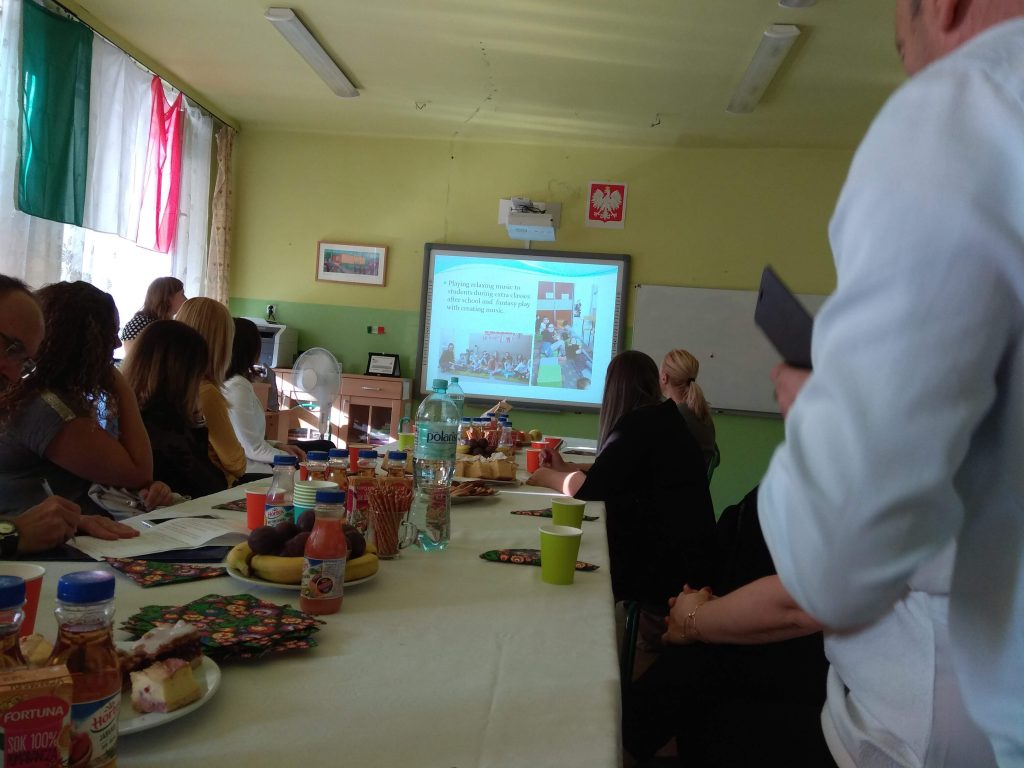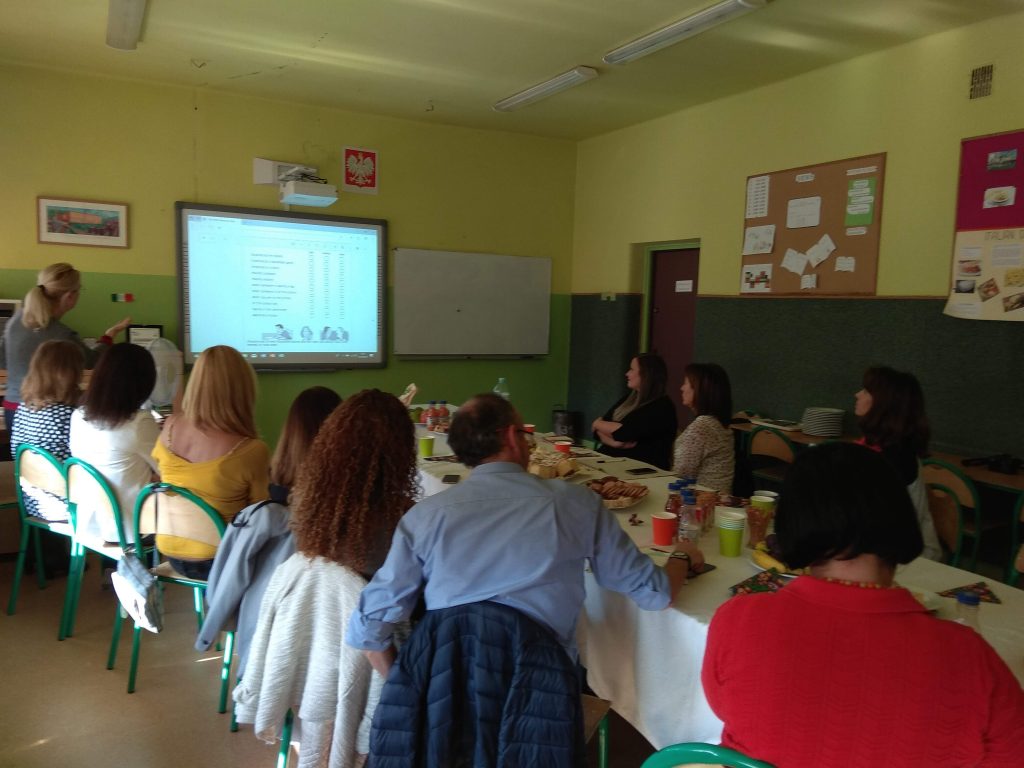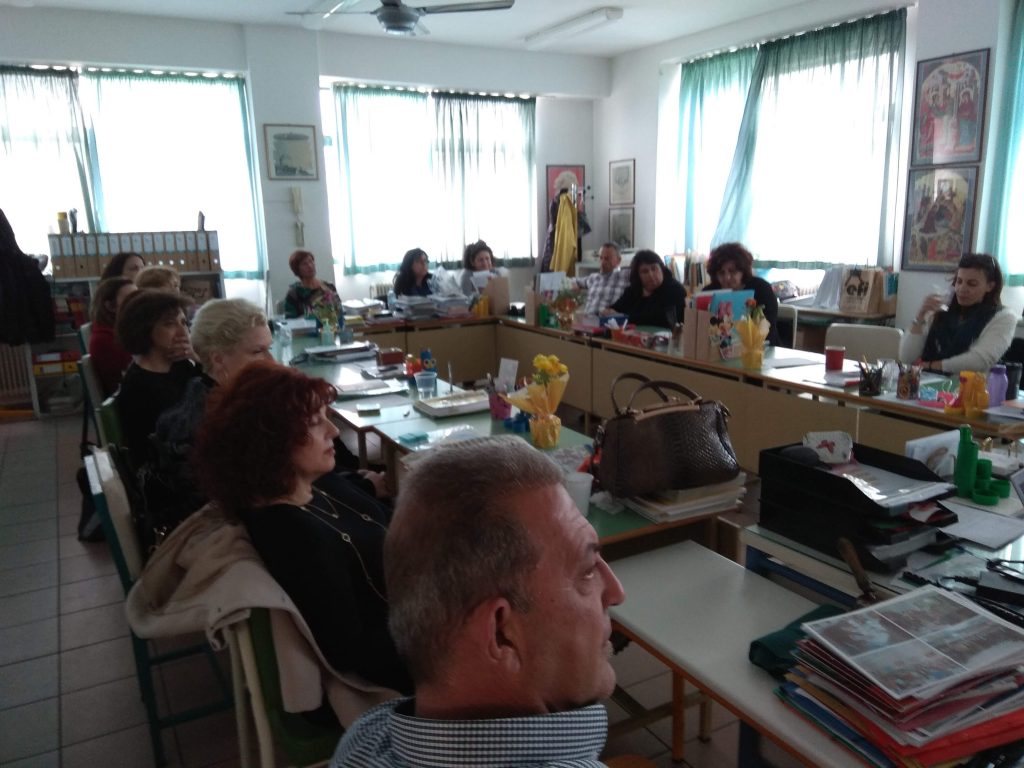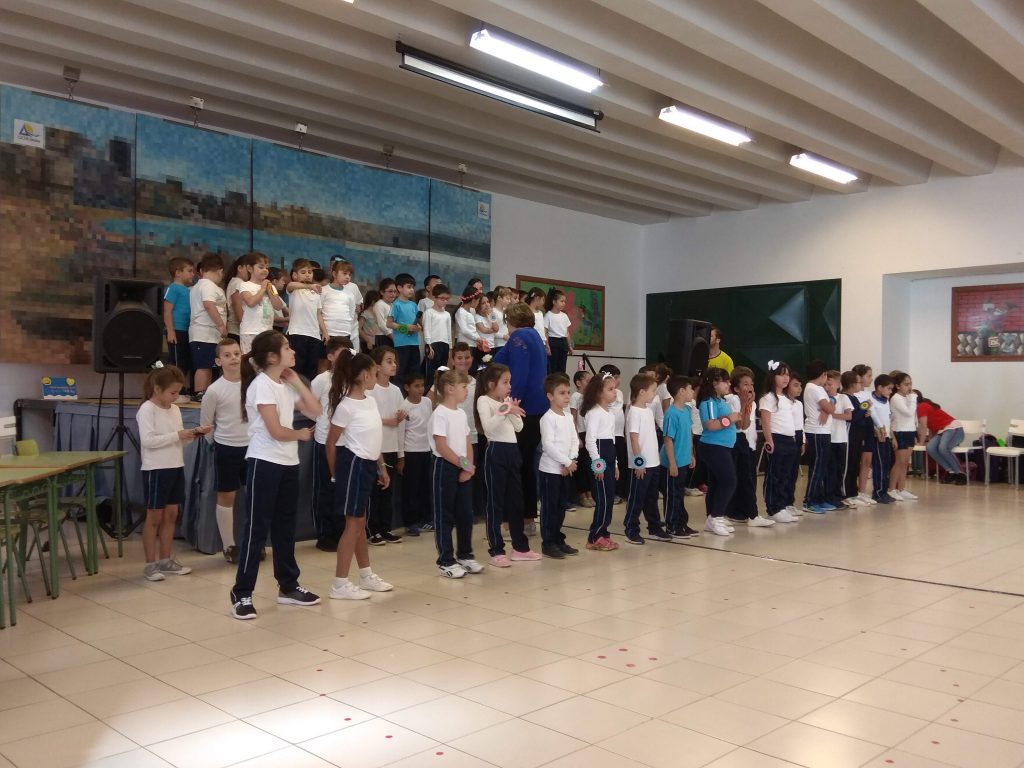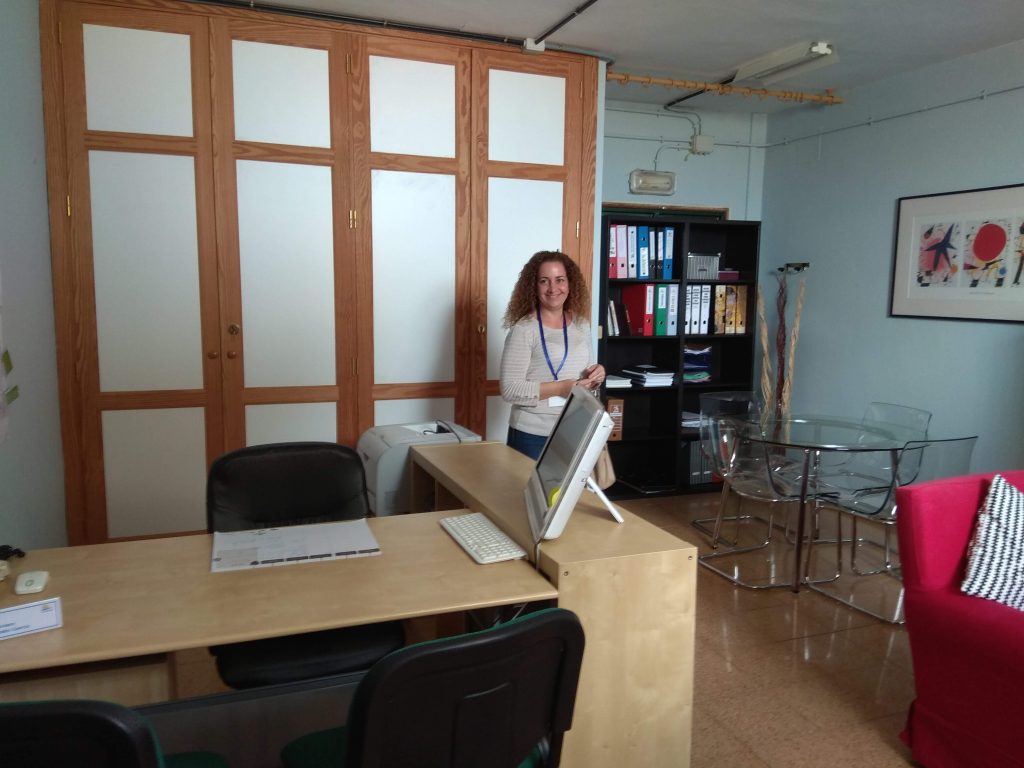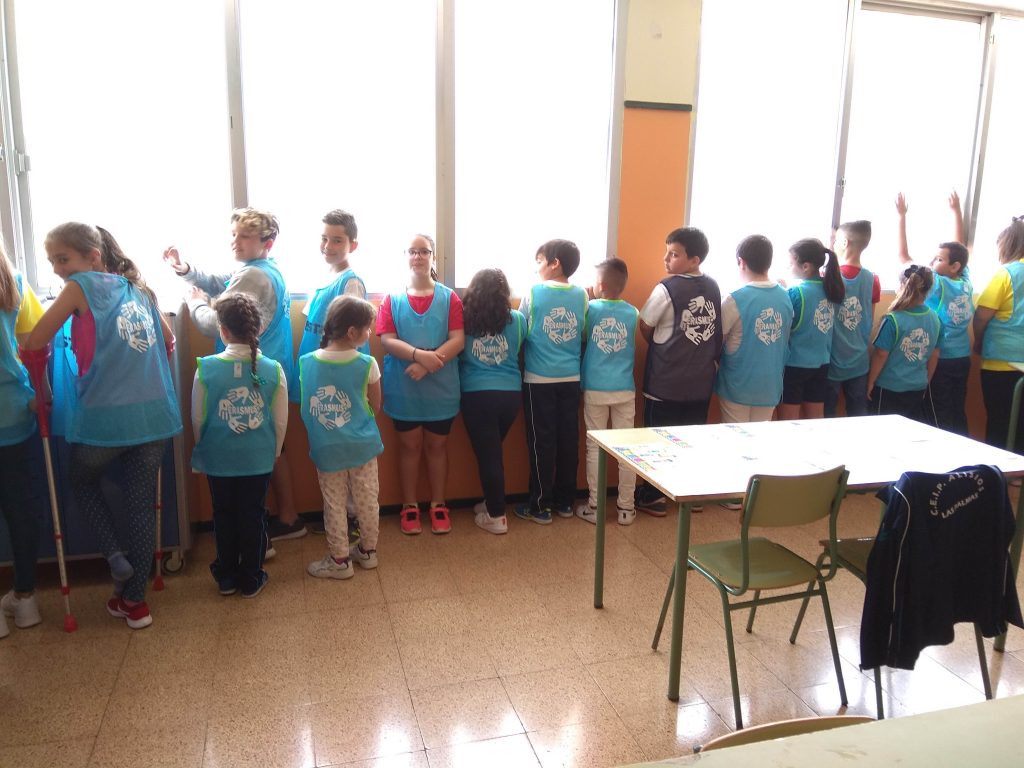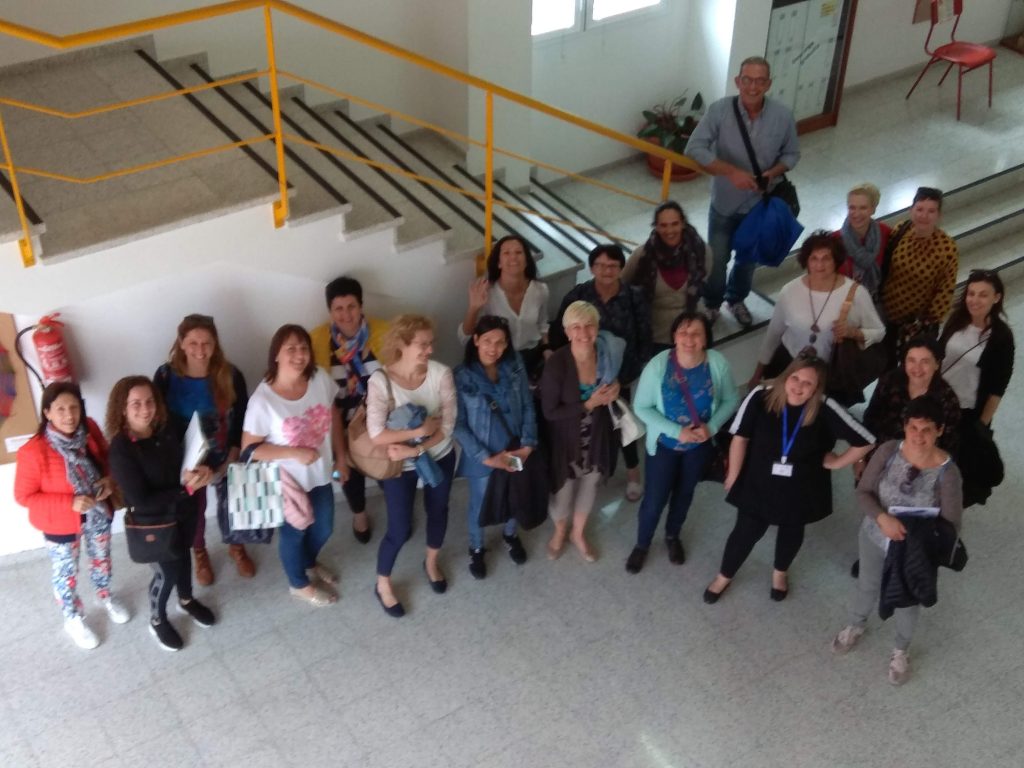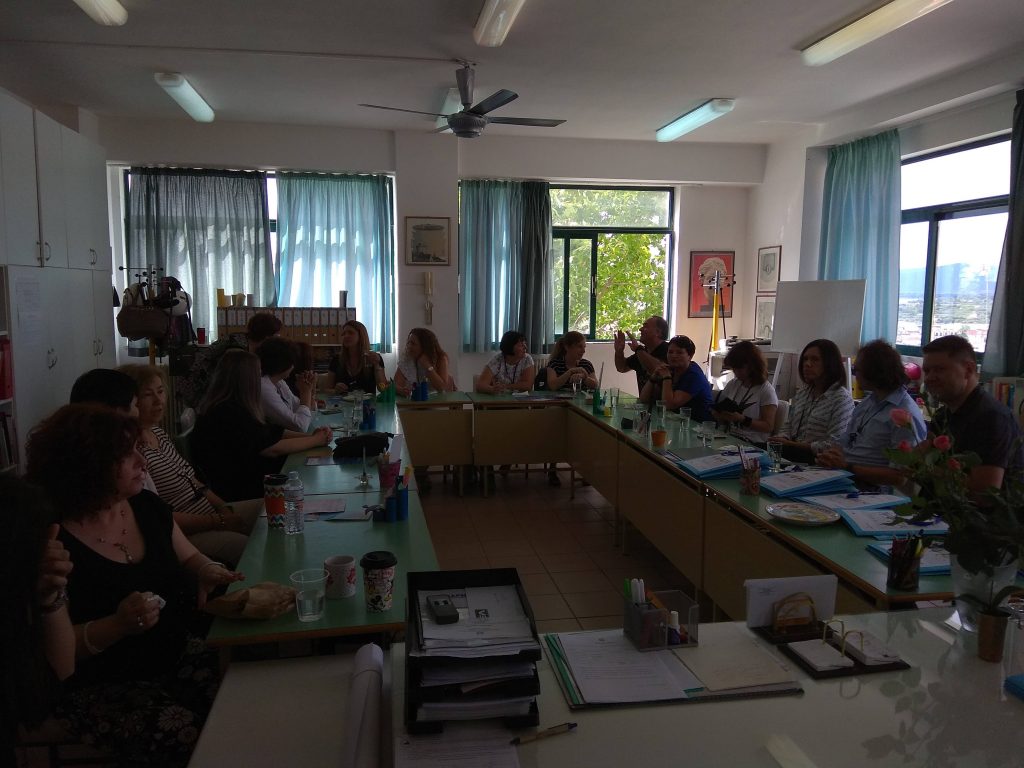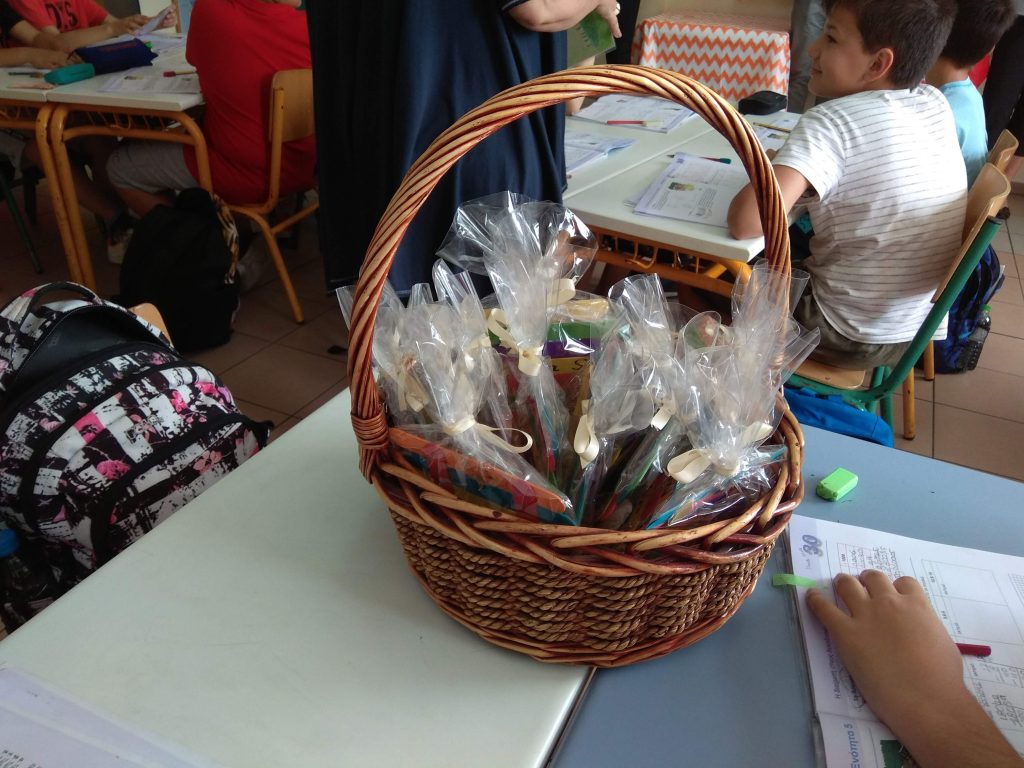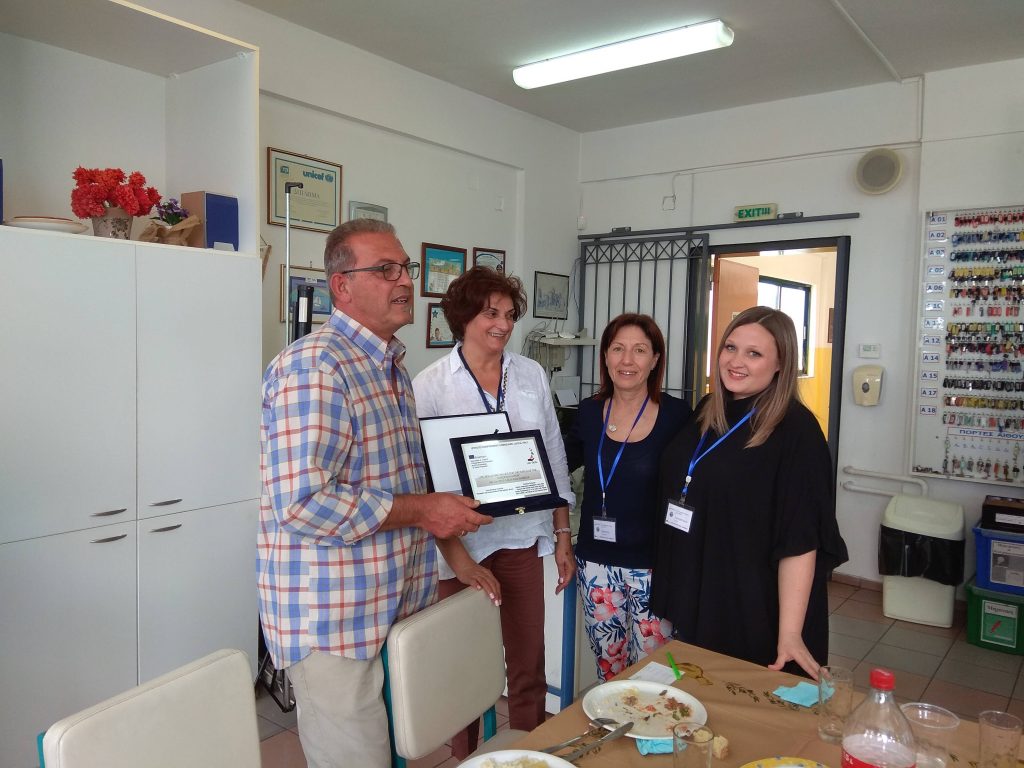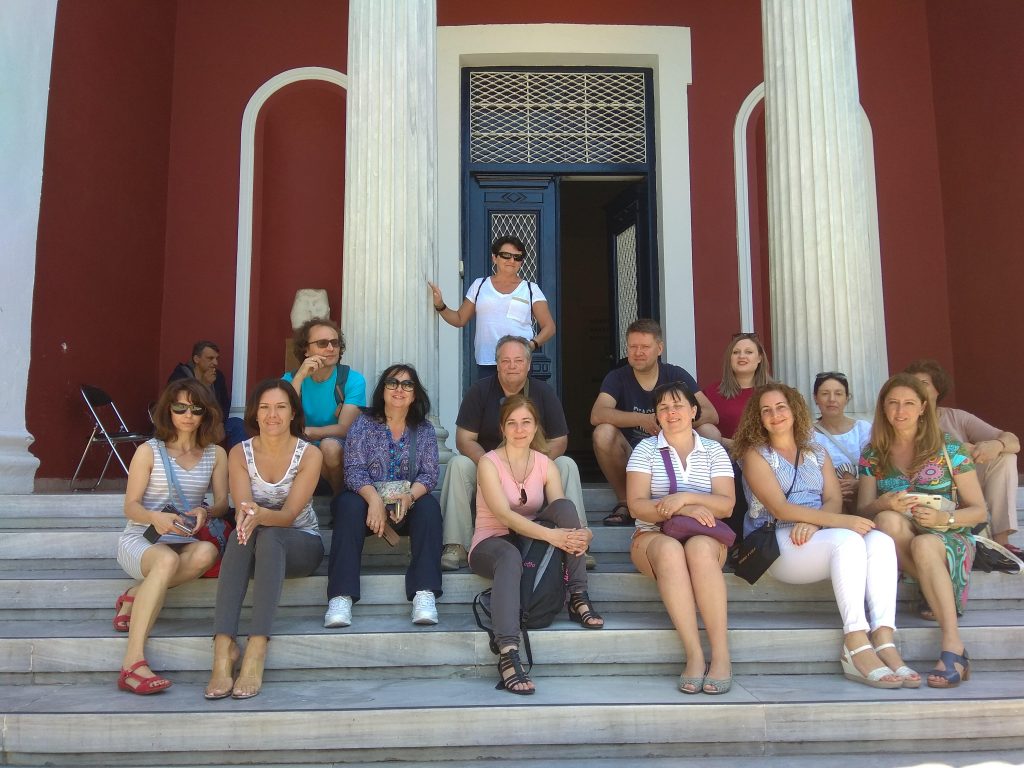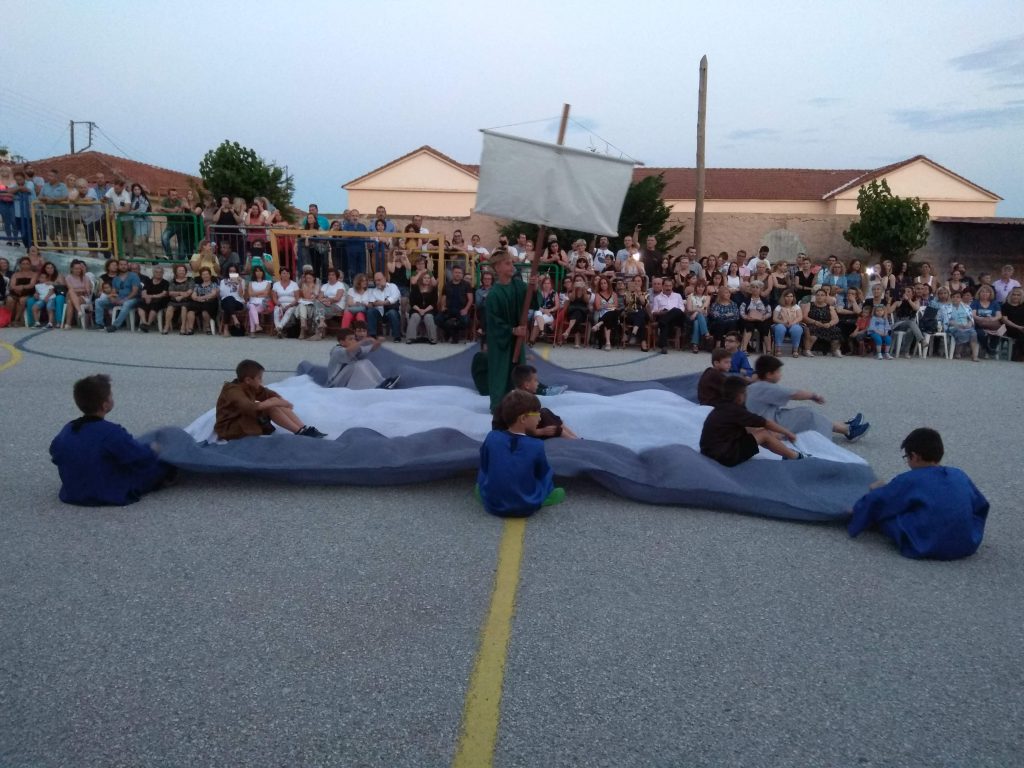Under the European project “Life Skills & Values for the Pupils of the E.U.” 6 Transnational Meetings were held:
KICK-OFF MEETING, 15 – 18 December 2017, Nea Anchialos
The Kick-off Meeting of the Project took place in November 2017 at the premises of the 2nd Primary School of Nea Anchialos – VARNALIO.
The meeting participants were representatives of the partners (School Heads and Coordinators) and during the event the following took place:
A. Presentations of the Schools that participated in the Partnership.
B. Presentation of the Project, its activities and its expected results
C. Ex-ante Evaluation – Evaluation of the objectives and their feasibility
The meeting was held in two circles, an open circle attended by representatives of the Primary Education Department of Magnesia, School Counselors, Local Administration representatives, school representatives and teachers, members of the Parents And Carers Association of the Greek School, as a dissemination activity to the local educational community, and a closed, technical one for the members of the partner schools delegations.
1st Transnational Meeting – March 2018, Capannori, Lucca – Italy
The works of the 1st Transnational Meeting took place on March 1 and 2, 2018, at the facilities of the Camigliano Elementary School and at the Town Hall Camigliano of the Capannori – Lucca region.
The participants were members of the steering group of the project, which consists of the school directors and the school coordinators, but it was also open to the staff of the host organization to attend the works of the meeting.
The agenda included topics such as a series of partner schools’ presentations, a review of Transnational Activities, the preparation of the 2nd short-term joint training, etc.
Along with the works of the meeting, the Italian partners had organized a rich cultural program for the delegations, the main points of which were a visit to Florence and Galleria Uffizi, as well as a visit to Pisa and “Piazza Dei Miracoli”.
2nd Transnational Meeting, 4th – 8th June 2018, Kranj – Slovenia
The 2nd Transnational Meeting was held in Kranj, Slovenia between the 4th June to 8th June 2018 and it was hosted on the premises of the Slovenian Partner Osnovna sola Orehek Kranj.
The objective of the meeting was to monitor the implementation process, organize the interim evaluation procedure, review and accept interim deliverables and plan the next steps of the project.
The Slovenian partners had also organized a rich cultural program for the delegations, the highlights of which were a guided visit to Ljubljana and a short visit to Bled, a place of great cultural, environmental and tourist interest.
3rd Transnational Meeting, 15th – 19th October, Lodz – Poland
The 3rd Transnational Meeting was implemented according to the project schedule at the premises of the Polish partner Szkola Podstawowa nr 172, at Lodz. The objective of the meeting was to monitor and evaluate the works of the project to date and to plan the next project activities. The participants were members of the Steering Group of the Project, School Heads, and school coordinators. The meeting included two sessions, an open to all teachers of the host institution and a close one for the members of the steering group.
The Agenda Items of the 3rd Transnational Meeting included presentations of the partner schools and their activities, presentation of the project, its objectives and the works that had been carried out todate, briefing on the interim report, cooperative interim evaluation and agreement on
the dates of the next transnational activities
4th Transnational Meeting, 18th – 22nd March 2019, Las Palmas – Spain
The 4th Transnational Meeting was hosted by CEIP ALISIOS from March 18 to March 22, 2019. Its main objective was to monitor and validate the project results until the meeting. The items on the agenda included a Welcome from the School Director, Greetings from parents/carers representatives, a presentation of the project, the tasks completed and their possible outcomes, a review of the most important outcomes of each of the school’s peers.
The Italian coordinator mentioned that they focused on three axes; a) inclusive classroom management, b) strengthening the relations among peers and fostering cooperation, and c) the development of inclusion plans for the schools under the administration of Istituto Comprensivo Camigliano. Right afterward, she provided a briefing about a “Token Economy based Classroom Management System”, a well-structured set of activities that promotes inclusion for pupils with special needs, and outlined their Inclusion Plans.
The Polish coordinator presented their approach to promoting the European values of tolerance and cooperation among their pupils, the skills they had identified and worked to assist their pupils to develop them, and the teaching subjects they had chosen to incorporate their work into. She mentioned that arts and physical education were the more appropriate subjects for their school to apply their work for the project. She also noted that English language lessons had had (and had) been also exploited to promote communication skills. Finally, she stated that, according to their school culture, cooperative project work is the “vehicle” that puts both life skills and values development to practice.
The Slovenian coordinator outlined their outcomes in terms of promoting cooperation and the personal accountability of their pupils. She described that in the framework of the project their school designed and also outsourced cooperative games that promote inclusion, strengthen cooperation and add to a positive climate both at the classroom and school level. She mentioned that the project activities had been spread horizontally to their school’s activities, from citizenship and social studies to school excursions and arts. She outlined that their pupils now hold better accountability and seem to respect more their peers.
The Spanish partner presented their main outcome of the project which was their School ‘Team of Mediators’ for resolving conflicts. She mentioned that all the “Life Skills” that had been identified during the project and the underlying values were incorporated in a Training Program for the School mediators. She closed her presentation saying that at their school they had applied the principals of Positive Psychology and significant improvement could be identified in the well-being of their pupils.
The Greek coordinator briefed the participants on the “School-Wide Approach” they had applied and stated the specific work for each Grade, Emotional Awareness for the pupils of the 1st and 2nd Grade, Empathy and Coping Skills for the 3rd and 4th Grade, Soft Skills for the 5th Grade and Stress management and Conflict Resolution for the Seniors of the school. He also outlined specific tools that they had elaborated (and presented during the STJSTEs) and briefed on the approach taken to promote the value of respect form the 3rd to the 6th Grade. He stated that the “Risk Factors Observatory” was a significant learning asset and ended inviting the participants to the Closing Event in Greece.
5th Transnational Meeting, 3rd – 7th June 2019, Nea Aghialos, Greece
The 5th Transnational Meeting was hosted by the 2nd Primary School of Nea Aghialos – VARNALEIO at its premises between the 3rd to the 7th of June 2019. It was the Final Meeting of the project and its main goal was the final review of the works of the project and its final evaluation.
The participants of the project were the members of the steering group of the project, school heads and school coordinators. A representative of the Director of Primary Education of Magnesia also attended the first round of the works of the meeting and Mrs. Bontou, deputy mayor of Volos delivered the greetings of the mayor.
The coordinator presented the results to the date of the evaluation procedure. The coordinating school had already prepared a questionnaire exploiting “Google Forms” which had been delivered to the coordinators of the partner schools, asking them to forward the link of the questionnaire to their colleagues who had been implicated in transnational activities. He also presented the input from the pupils of the host school, that has been collected through interviews. He also mentioned that he was expecting input from interviews of a target group of parents, which was not yet completed.
Some key findings
All the teachers who had worked in the framework of the project evaluated all the aspects of the project, the organization of the Transnational Meetings, the Short-Term Joint Staff Training Events, the Coordination, the outcomes, and the cooperation between institutions with the highest scores.
The teachers evaluated the implementation of the project as very useful for the participants, in regard to the knowledge and skills they have obtained, their personal development and their networking.
They have also evaluated the impact of the project to date as very high for the teachers and pupils and quite good for the parents and caregivers.
Pupils declared that the project was interesting for them (very interesting 24%, quite interesting 68%) and very useful for them (Very useful 64%, useful 23%). The pupils mentioned that the skills that had developed will be very helpful for them (74%), Especially the pupils of the 6th Grade, the seniors who were entering a transition between educational levels moving forward to the High School, mentioned that the coping skills that they acquired through the project will be very helpful for them.
Overall, the evaluation was quite high, according to the data to date and the coordinator commented that the partners were “very polite with their evaluation”.
The members of the steering group expressed their will to observe future opportunities for further cooperation, strengthening the bonds between the partner schools and sustaining their personal and organizational networks.

